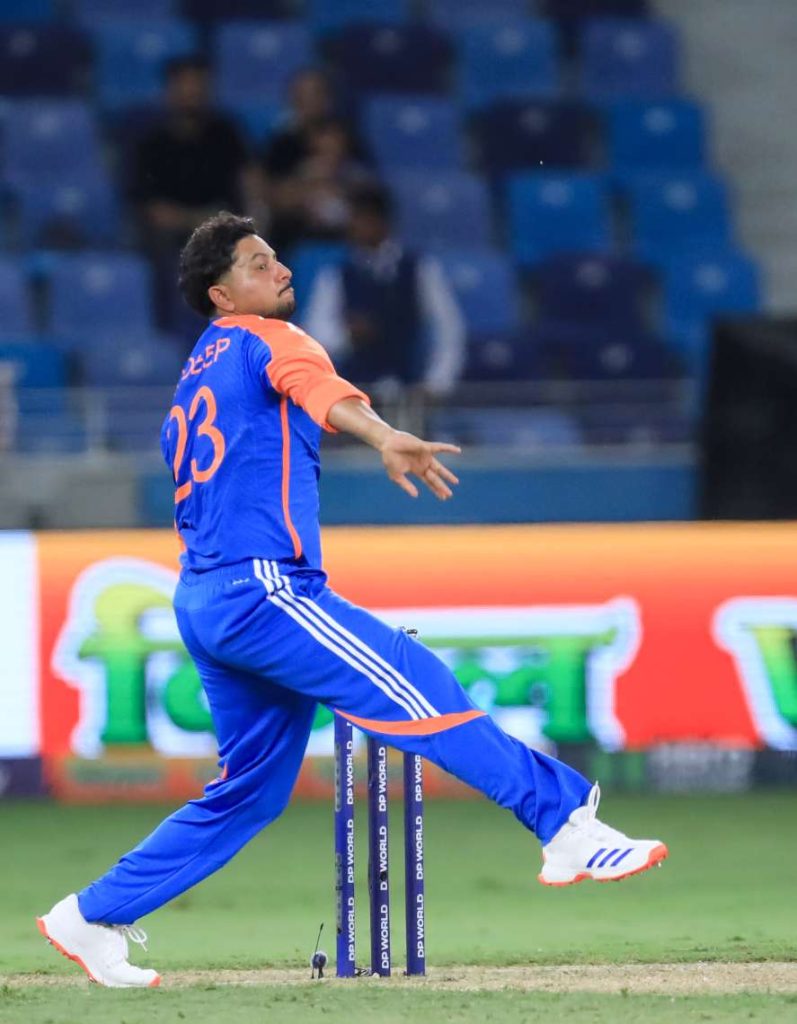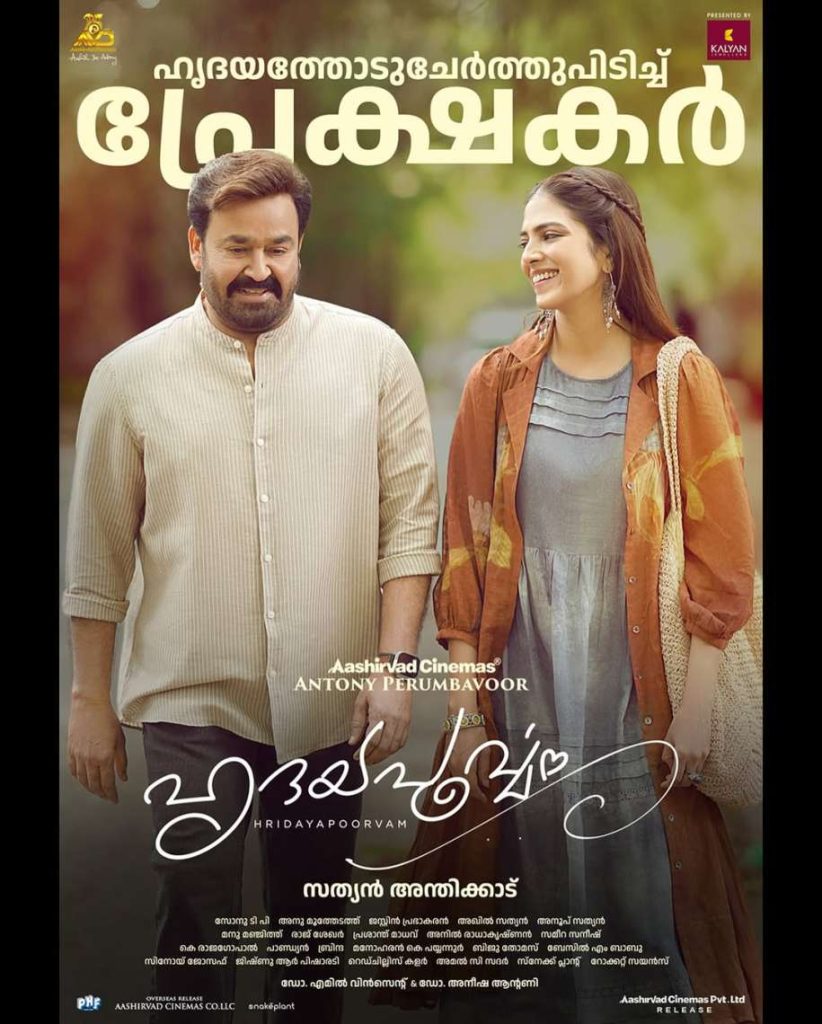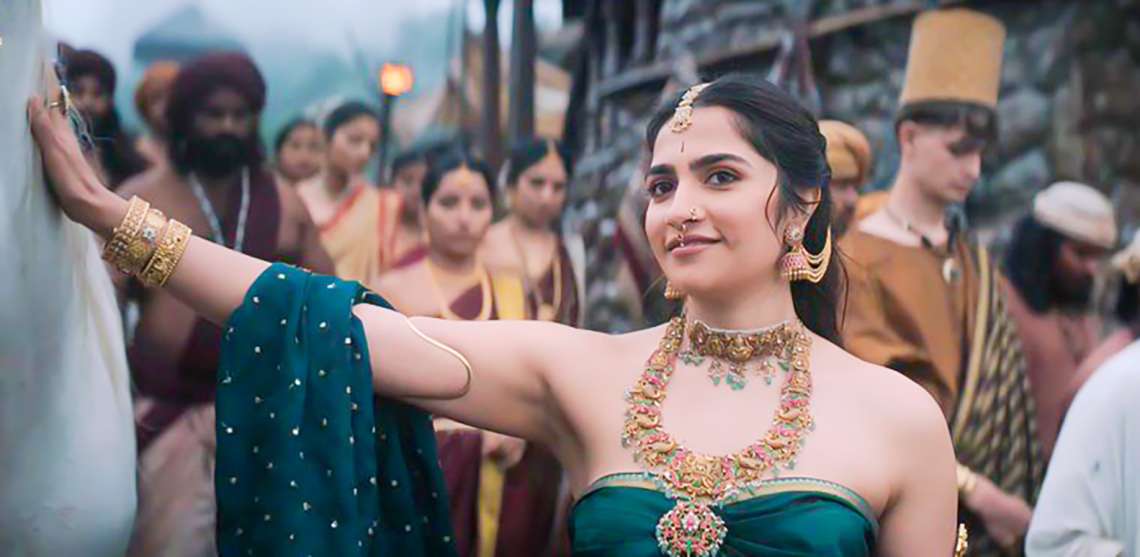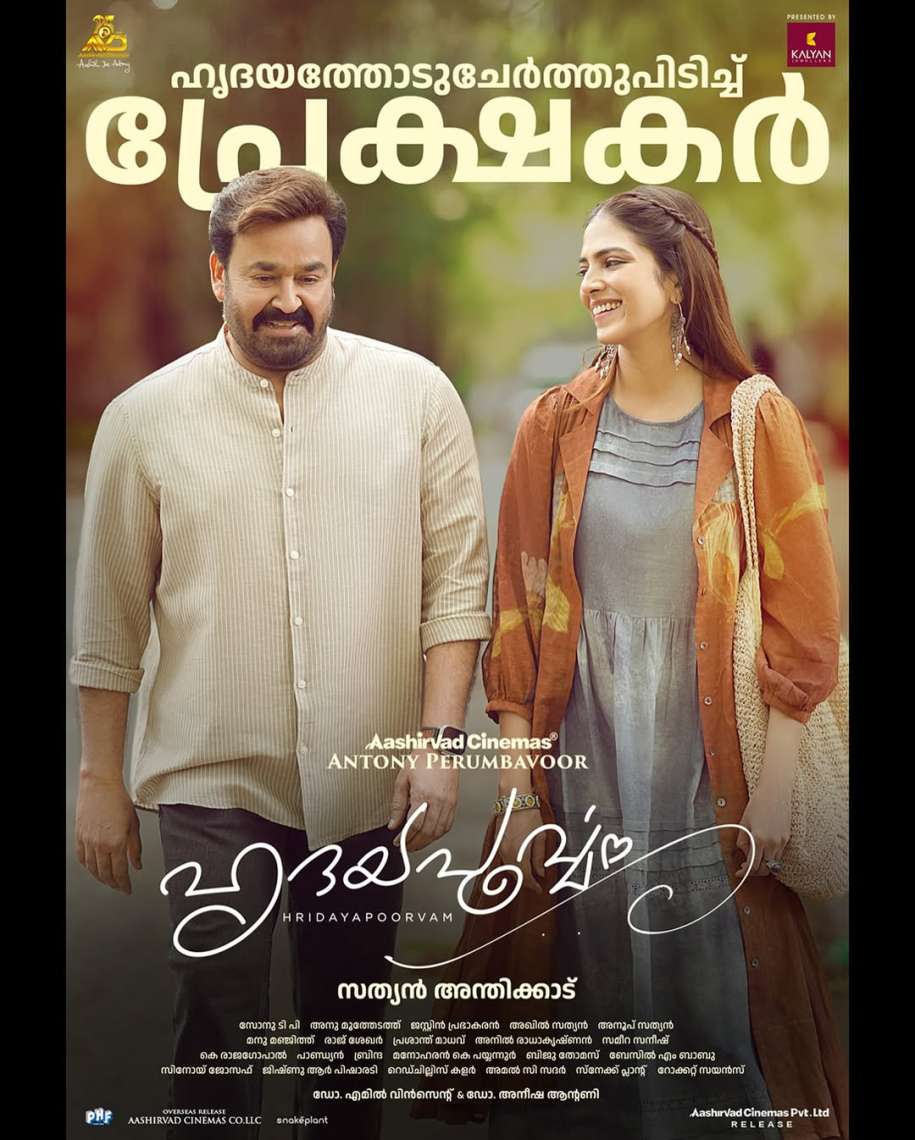What makes Lokah Chapter 1: Chandra even more significant is that it marks the franchise’s first time placing a woman at the centre of its universe…writes Shelja Pallath
Kalyani Priyadarshan is no longer just a ‘cuteness-overloaded’ actress in the industry. Through Lokah Chapter 1, she has proved that a woman-led cinema is not just a dream for Malayalam audience. As one of the frames in the movie suggests, this film truly feels like a ‘SHE COMES’ moment for audience and genuine lovers of cinema. Yes, Chandra is no ordinary woman, even Kalyani also not just a nepo kid.
Women-oriented movies do appear once in a while across industries, but in Malayalam, they are rare. Dominic Arun’s Lokah hits differently. It underlines the fact that Kalyani Priyadarshan is far more than what we saw before. Until now, her roles mostly revolved around charm and sweetness, except for her part in Antony. Many were skeptical about her fitness and caliber for this role, but she has silenced critics with her performance. She also had to face bullying in her early days for her physical appearance, making this success more meaningful.
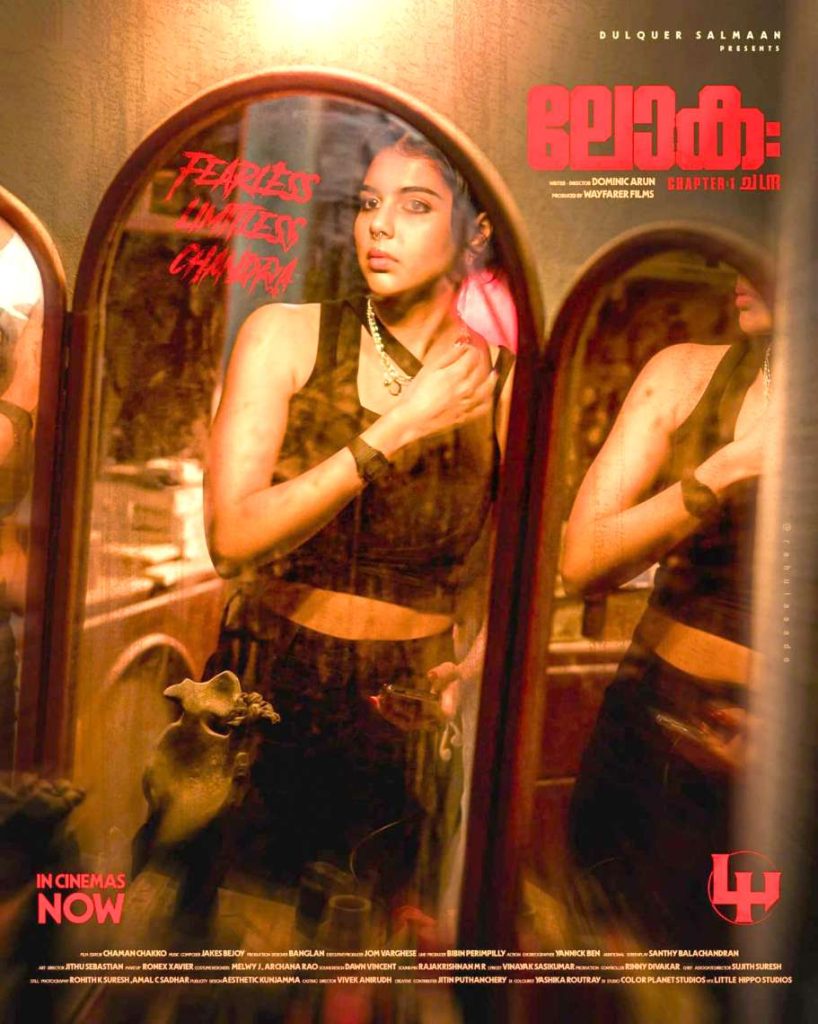
The film has many highlights, including a youthful cast featuring Naslen, Chanthu Salim Kumar, Sandyy Master, and even a cameo by Dulquer Salmaan. Yet, it is Kalyani’s portrayal of Chandra that stands out above everything else. She is the nucleus of the film. In Malayalam film history, several actresses have delivered powerful performances, some standing alongside heroes and some even going beyond. But a true mass heroine was missing until now. The credit for bringing this to life goes to director Dominic Arun and producer Dulquer Salmaan.
Kalyani herself was nervous on the day of release and hesitant to face social media. Through Lokah, she sets a benchmark in the industry — not by creating a new superhero, but by recalling iconic figures etched in Malayali memory through myths and tales. A film reaches its peak when viewers completely connect with its soul, forgetting disbelief and becoming one with the story. In that moment, when Chandra’s true identity is revealed, Kalyani Priyadarshan shines as Malayalam cinema’s first woman superhero, offering a fresh retelling of a myth long confined by the male gaze. Her Chandra may have superpowers, but Kalyani plays her with the right blend of emotion and maturity.
Through Naslen’s discoveries, the audience also understands Chandra’s strengths and flaws, in scenes that question how men imagine women. Kalyani portrays her as agile, fierce, yet tender, while showing the solitude that greatness often requires. There is also hope that other wonder women exist in the background of this story. Co-writer Santhi Blachandran and colourist Yashika Routhra have already created magic, with the technical side of the movie earning much applause.
Lokah Chapter 1 is only the beginning of a cinematic universe. It has already smashed box office records, sidelining other releases not just in Kerala but even in Telugu markets. The fantasy film has earned praise from stars including Soubin Shahir and Samantha Prabhu. Kalyani’s performance is the film’s highlight, with many calling it the “Marvel of Malayalam cinema.” Kalki director Nag Ashwin even wrote on social media that “a new era has originated.”
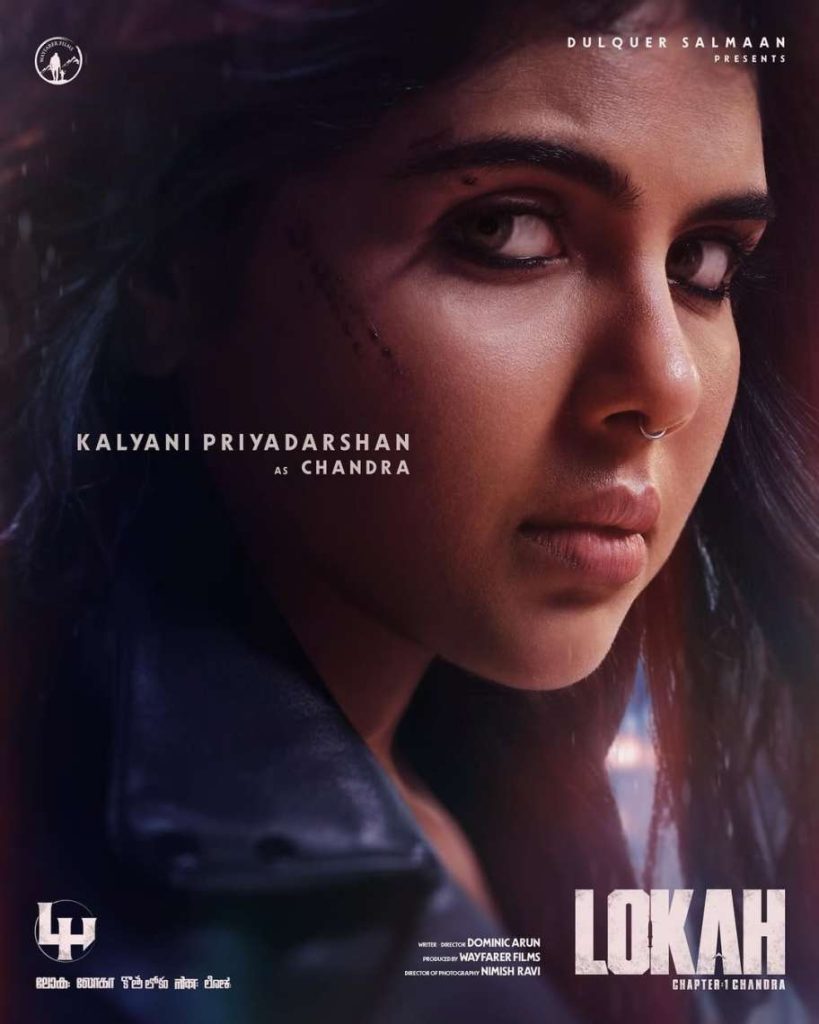
Lokah ends by teasing what’s next — a Kerala-style Avengers team of kings, yakshis, goddesses, chaathans, maadans and odiyans. The look and feel may be modern, but the soul of this universe, powered by Dulquer Salmaan’s Wayfarer Films, remains proudly rooted in our culture. Her portrayal breaks free from typical genre tropes — she doesn’t wear bravado, she exudes quiet strength. Critics celebrate her grounded elegance and stellar action sequences, with her confident physicality anchoring the film.
What makes Lokah Chapter 1: Chandra even more significant is that it marks the franchise’s first time placing a woman at the centre of its universe. Kalyani Priyadarshan’s Chandra is not just a symbolic choice, but a fully fleshed-out protagonist whose journey drives the narrative with emotional weight and cultural resonance. Her performance bridges the tenderness of personal conflict with the grit of larger-than-life storytelling, making her both relatable and formidable. In an industry where female-led action or fantasy sagas are still rare, Kalyani’s role feels like a refreshing milestone — one that opens doors for stronger female narratives in Malayalam cinema and beyond.


